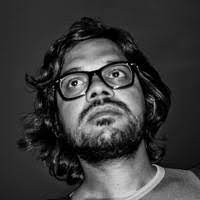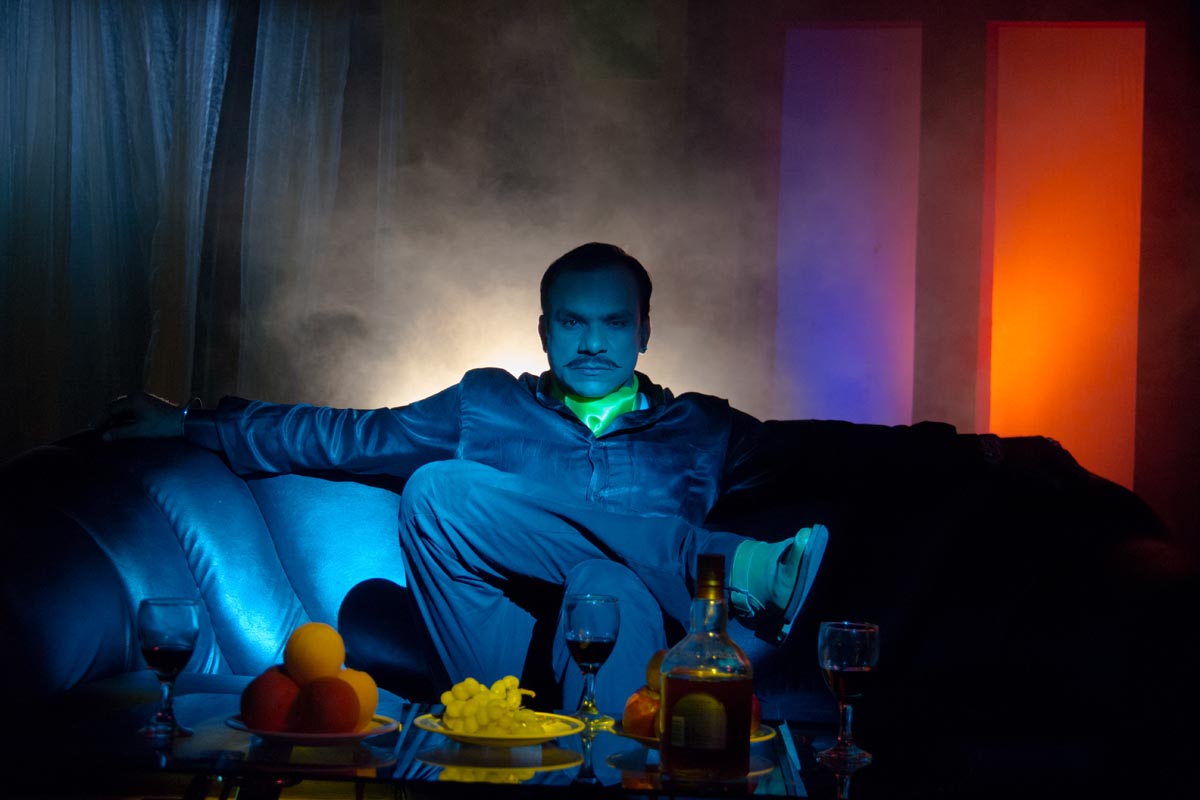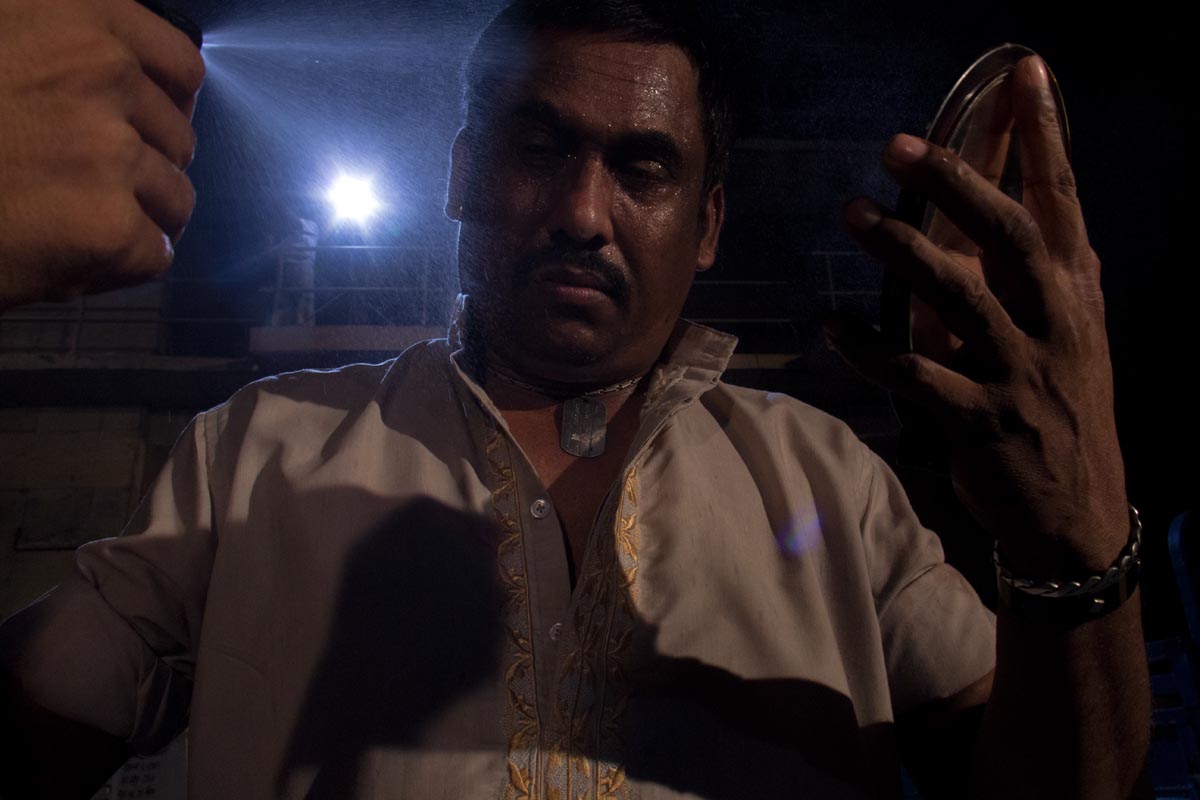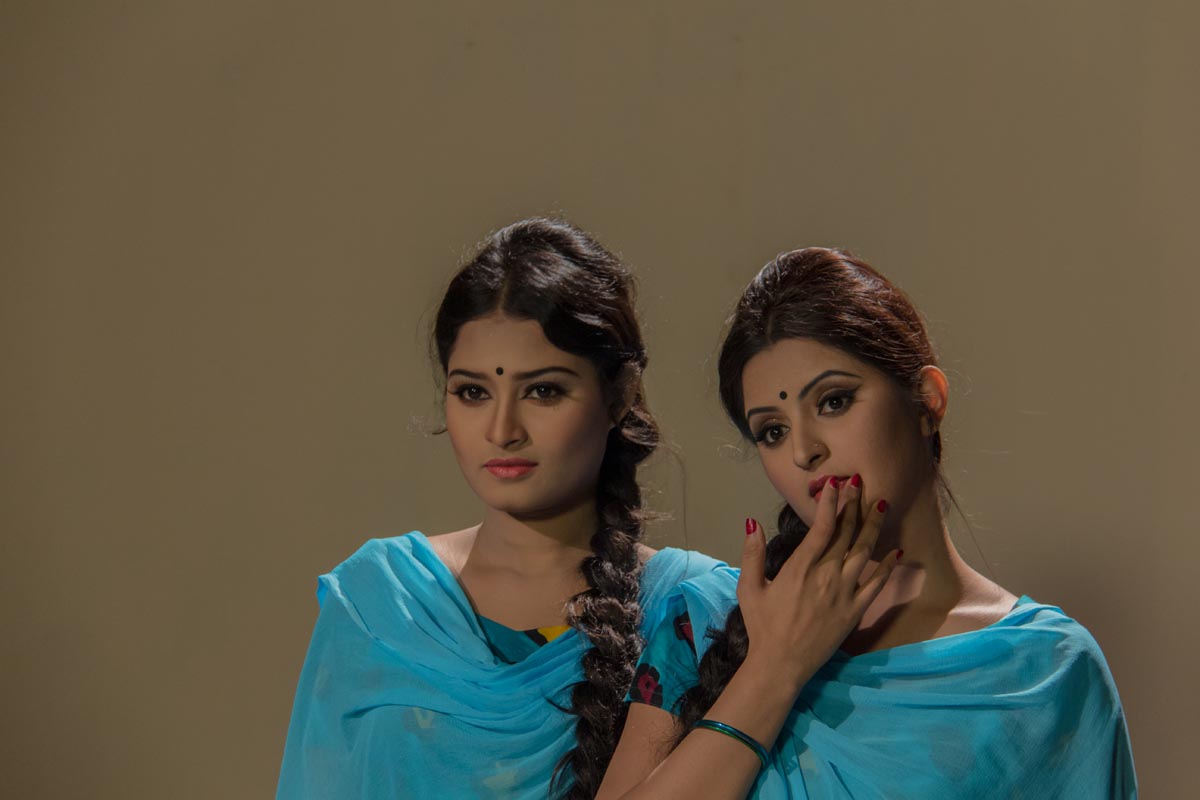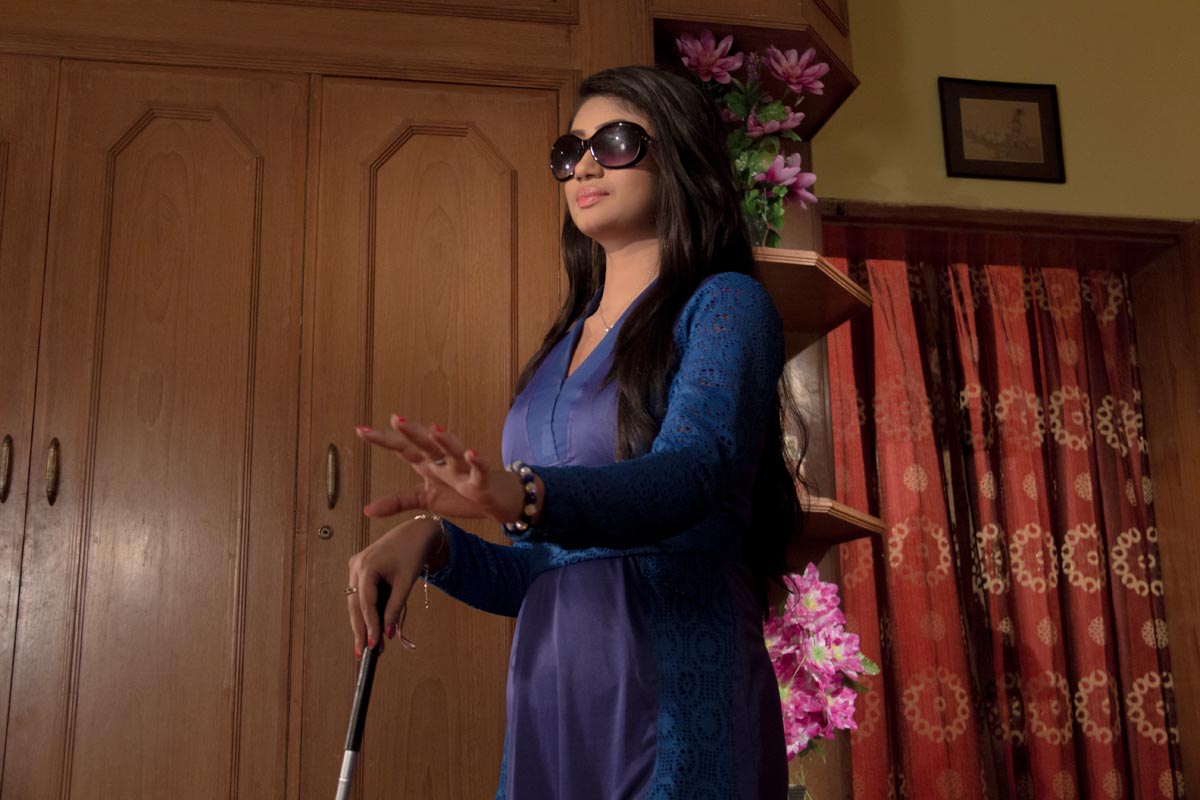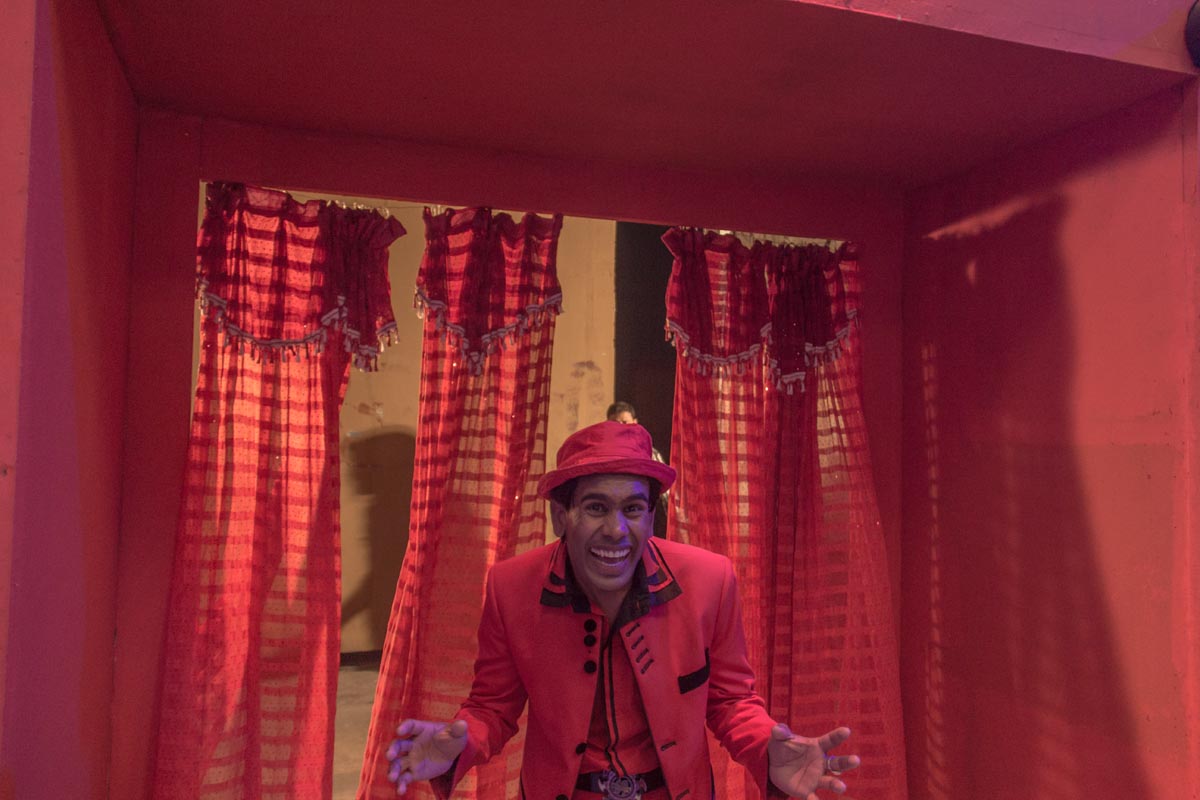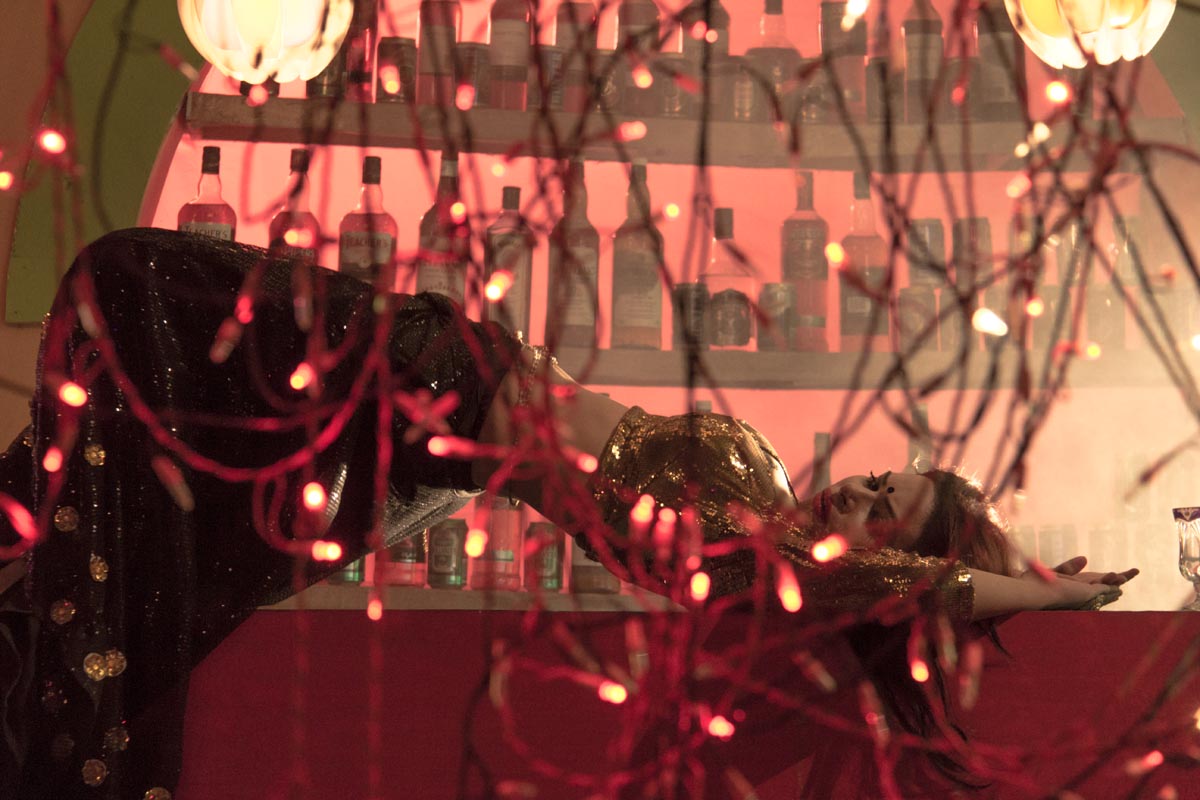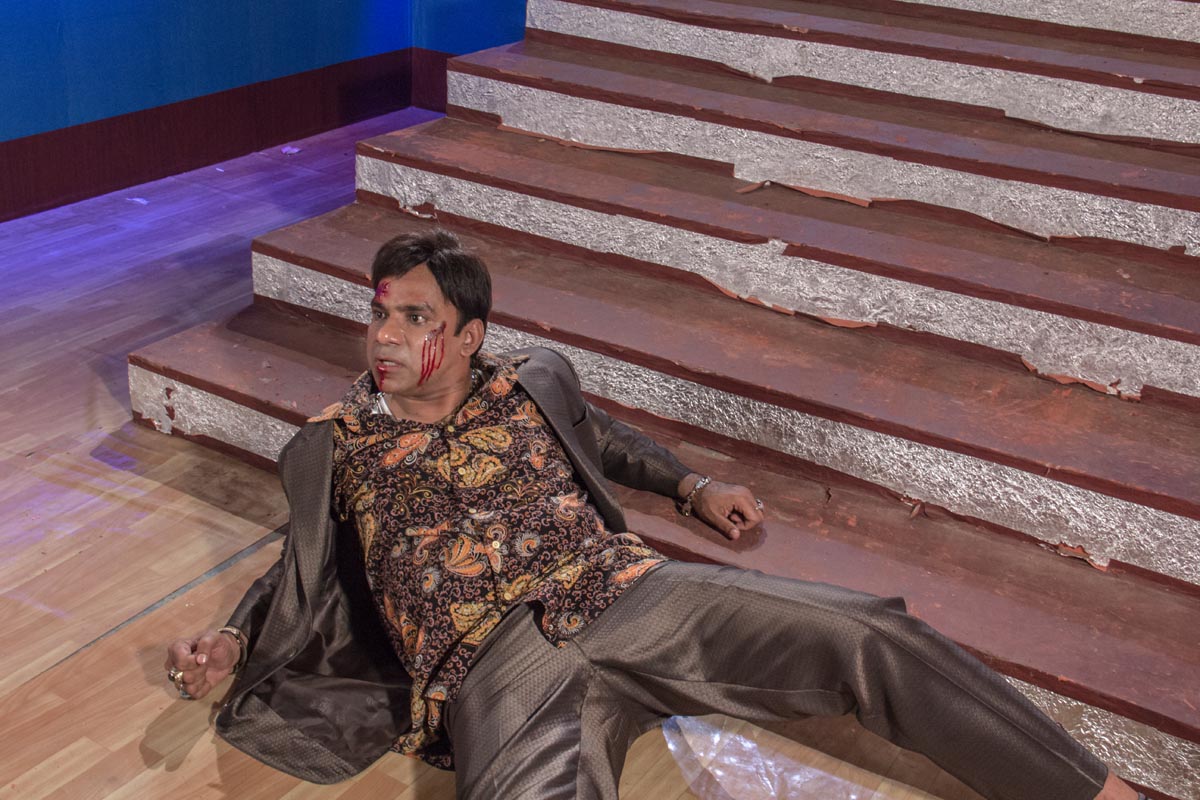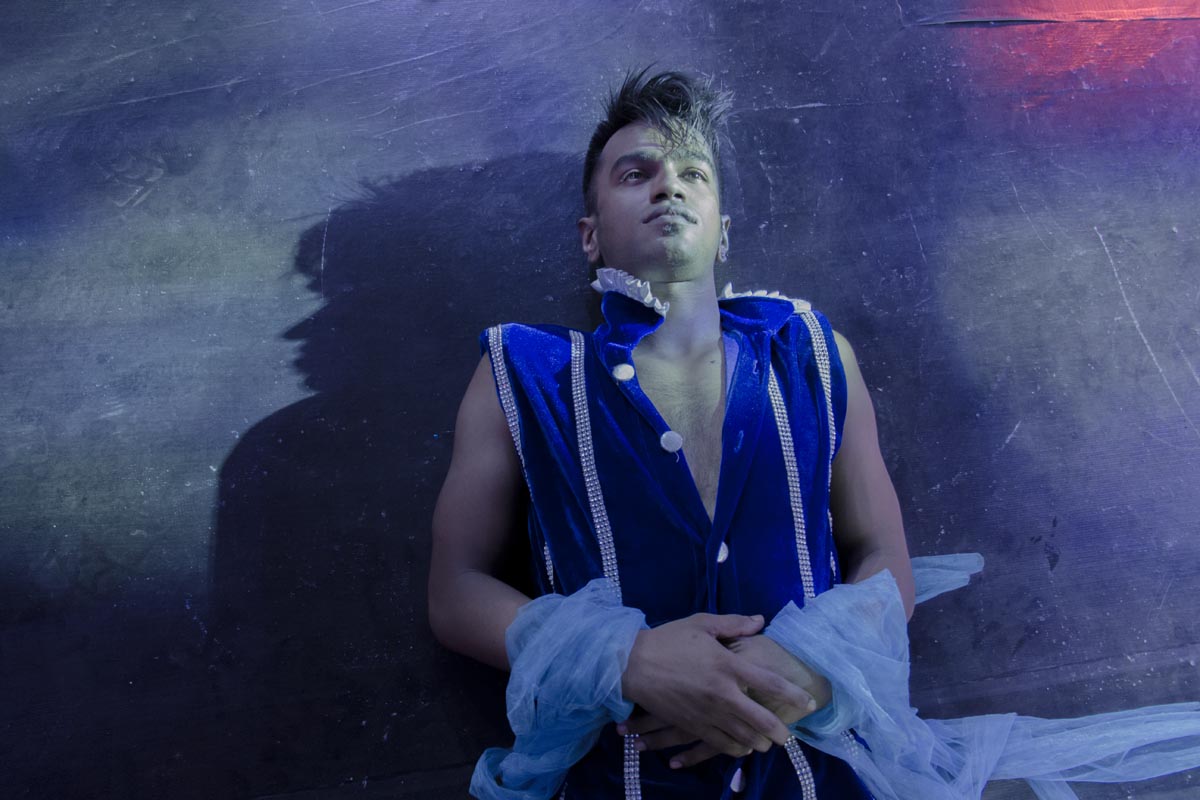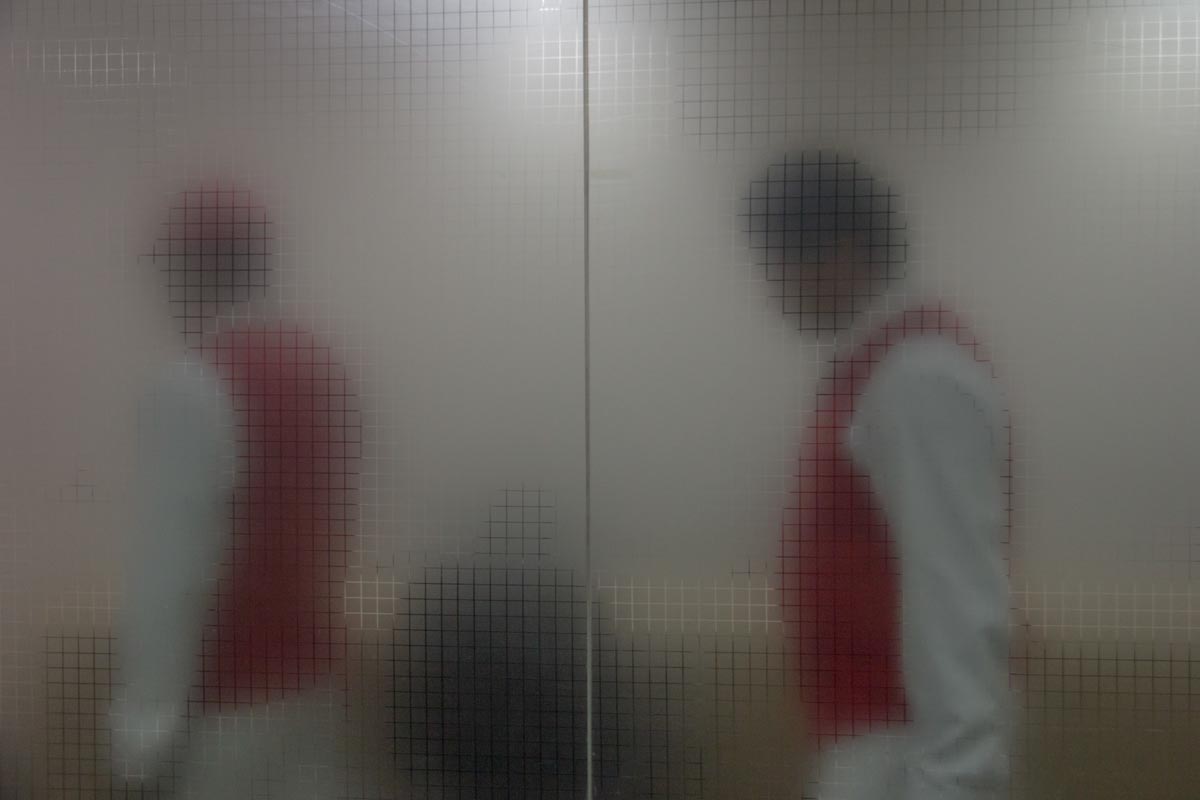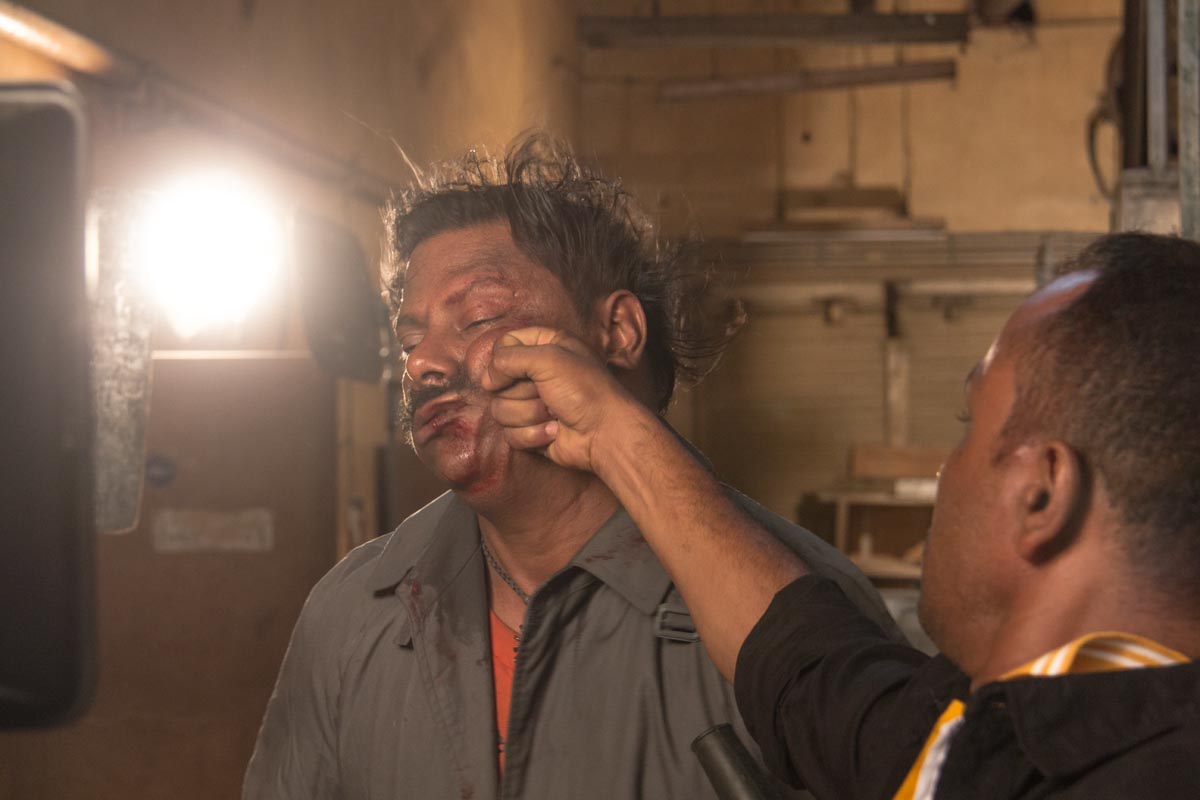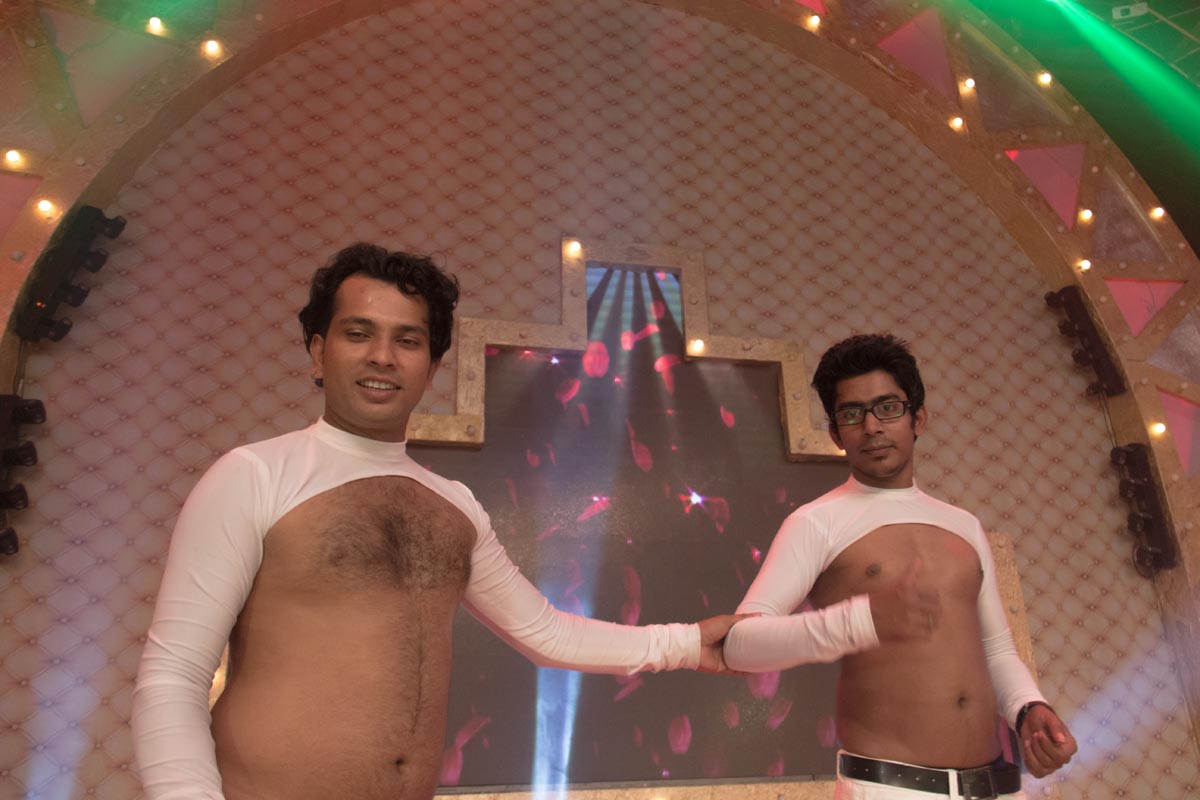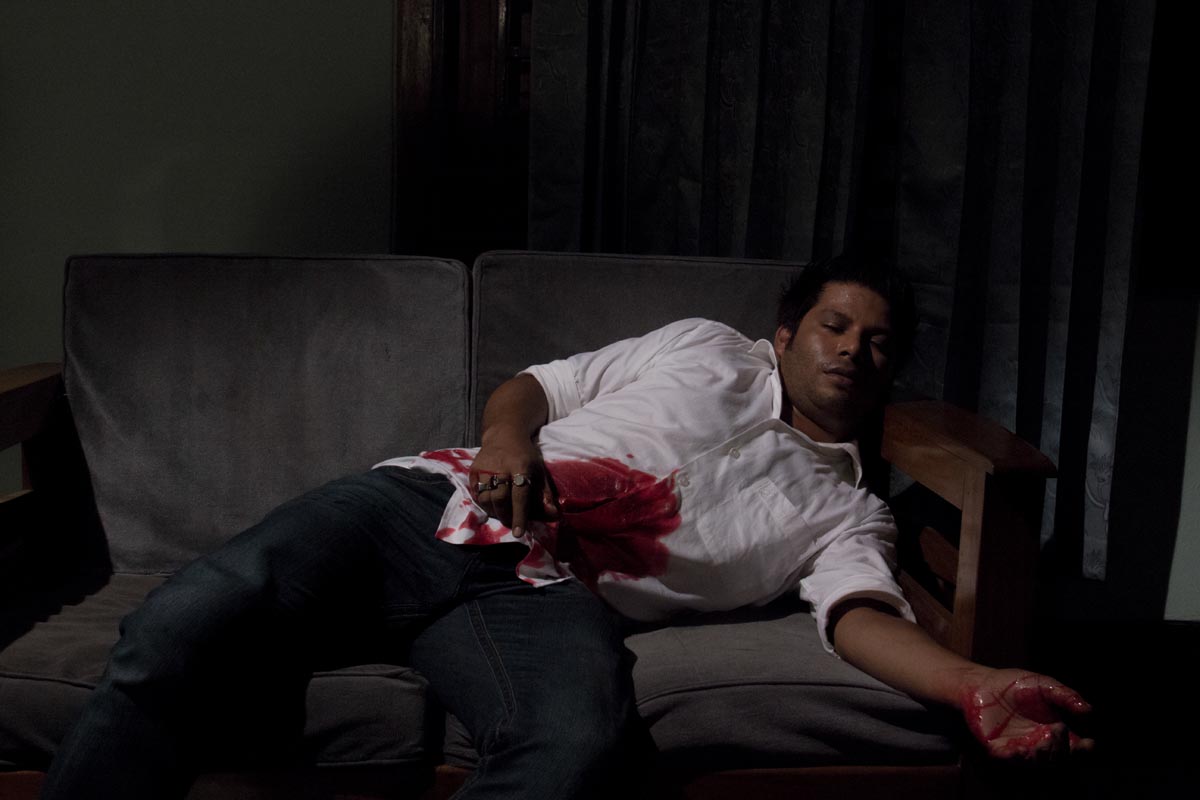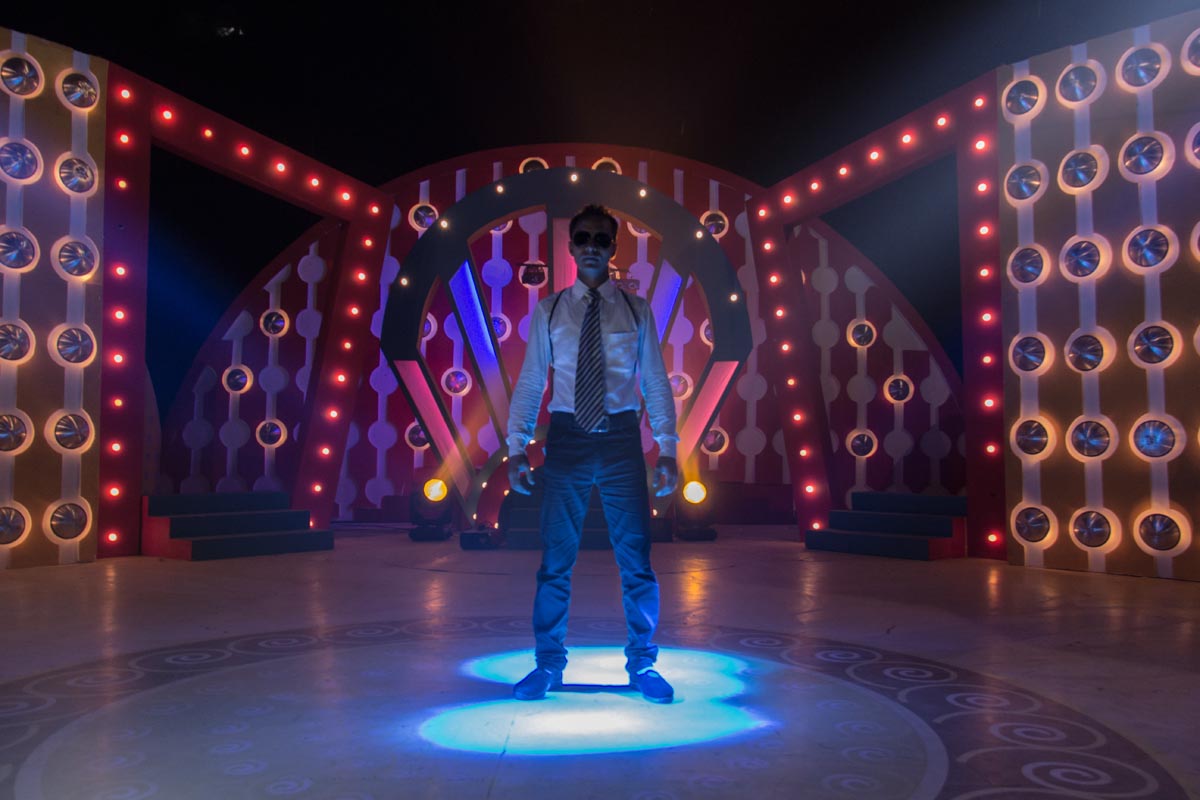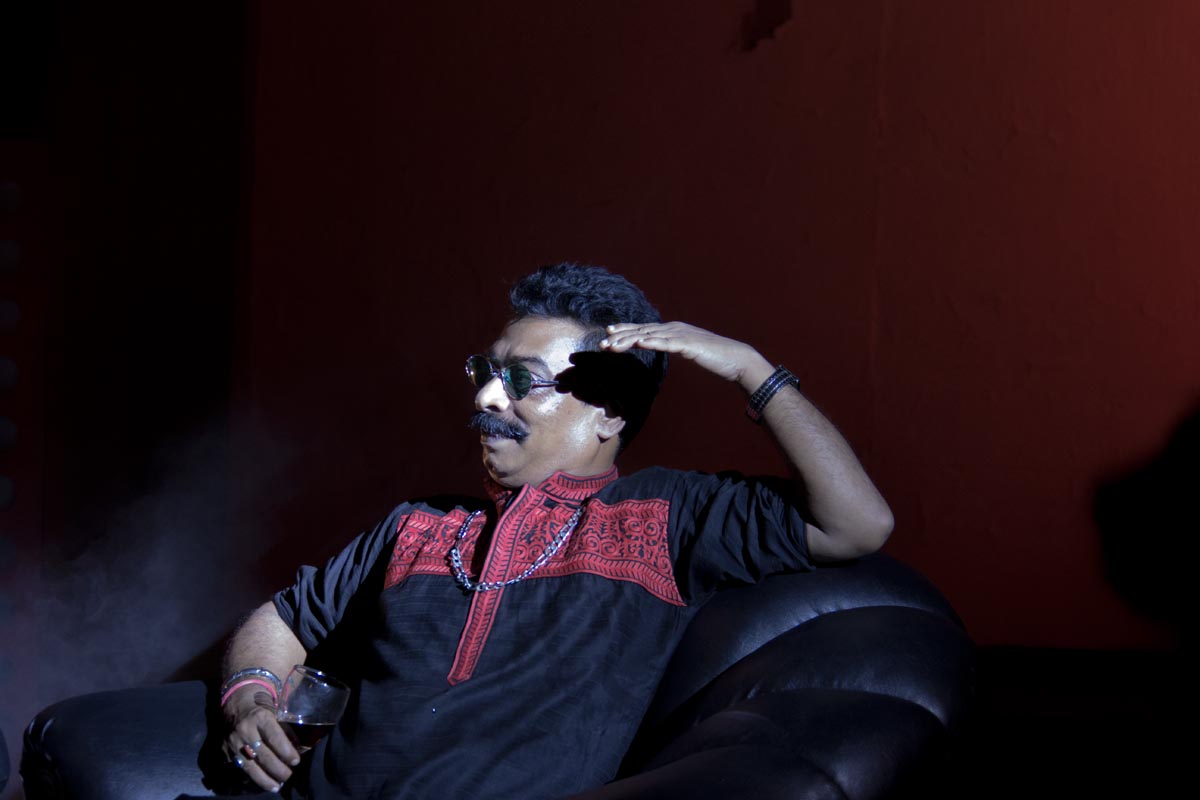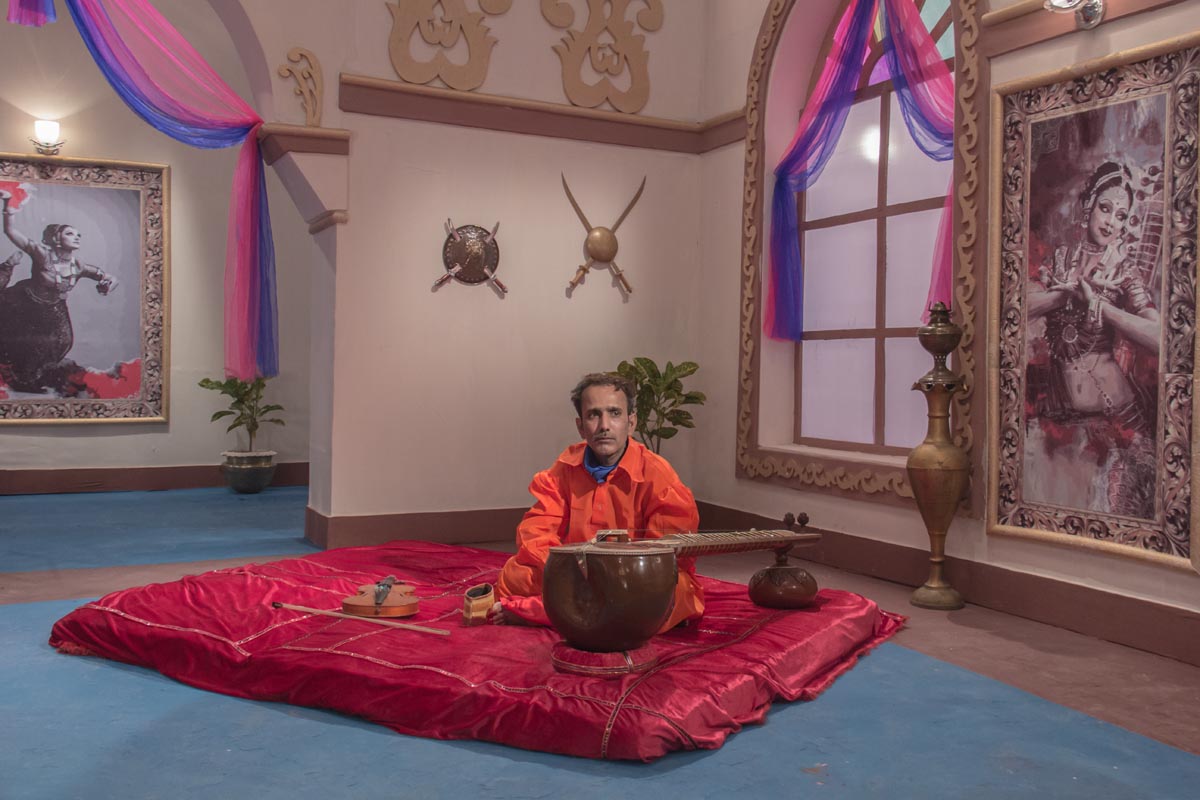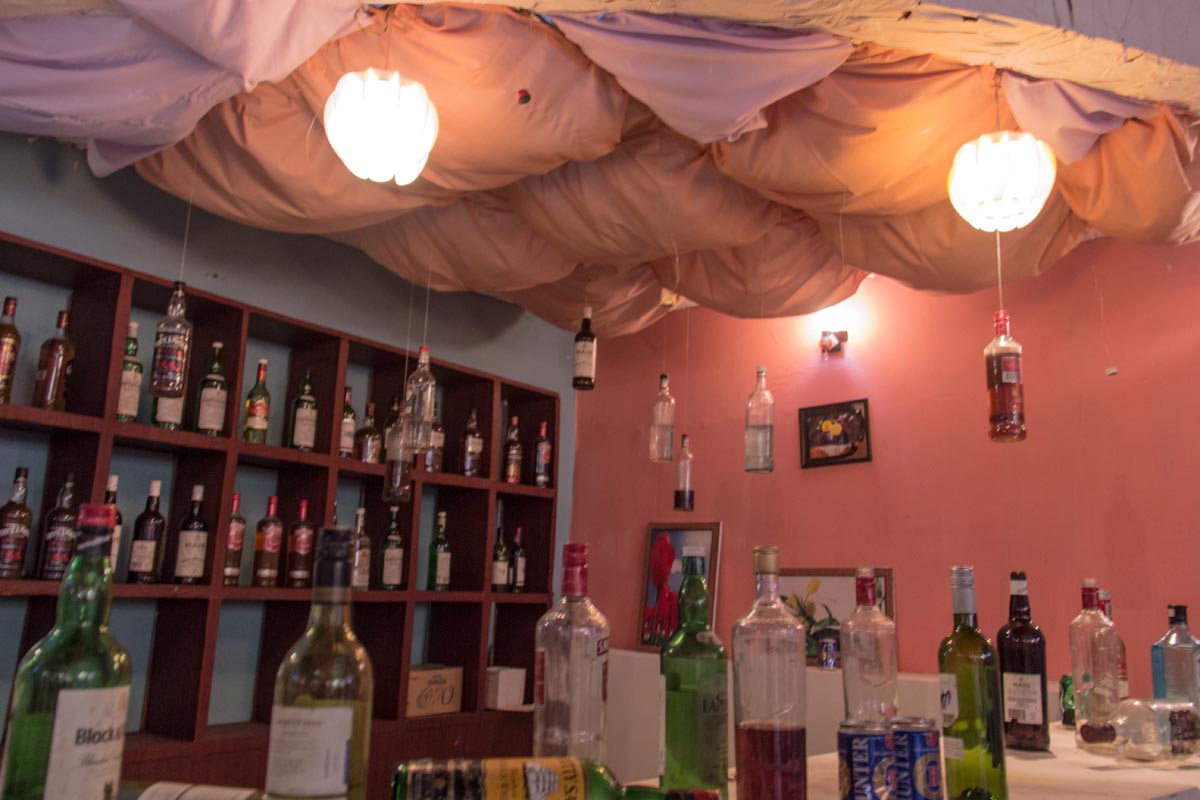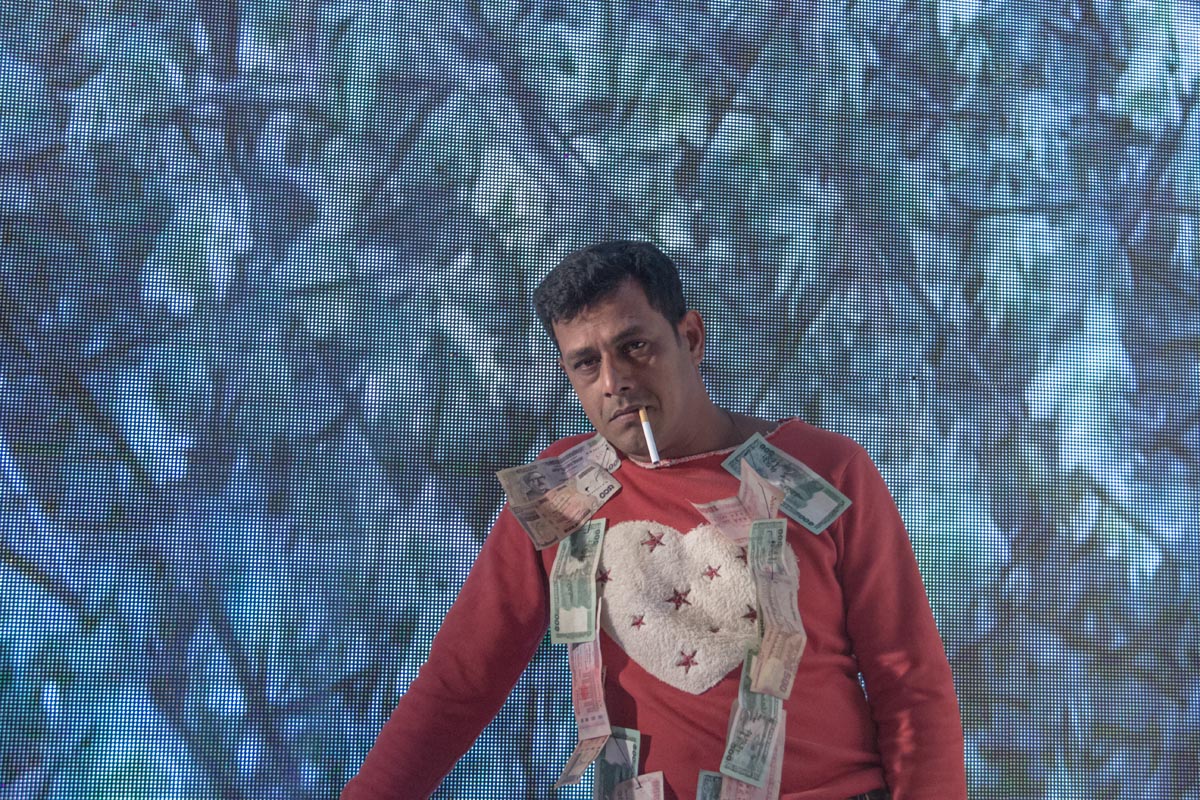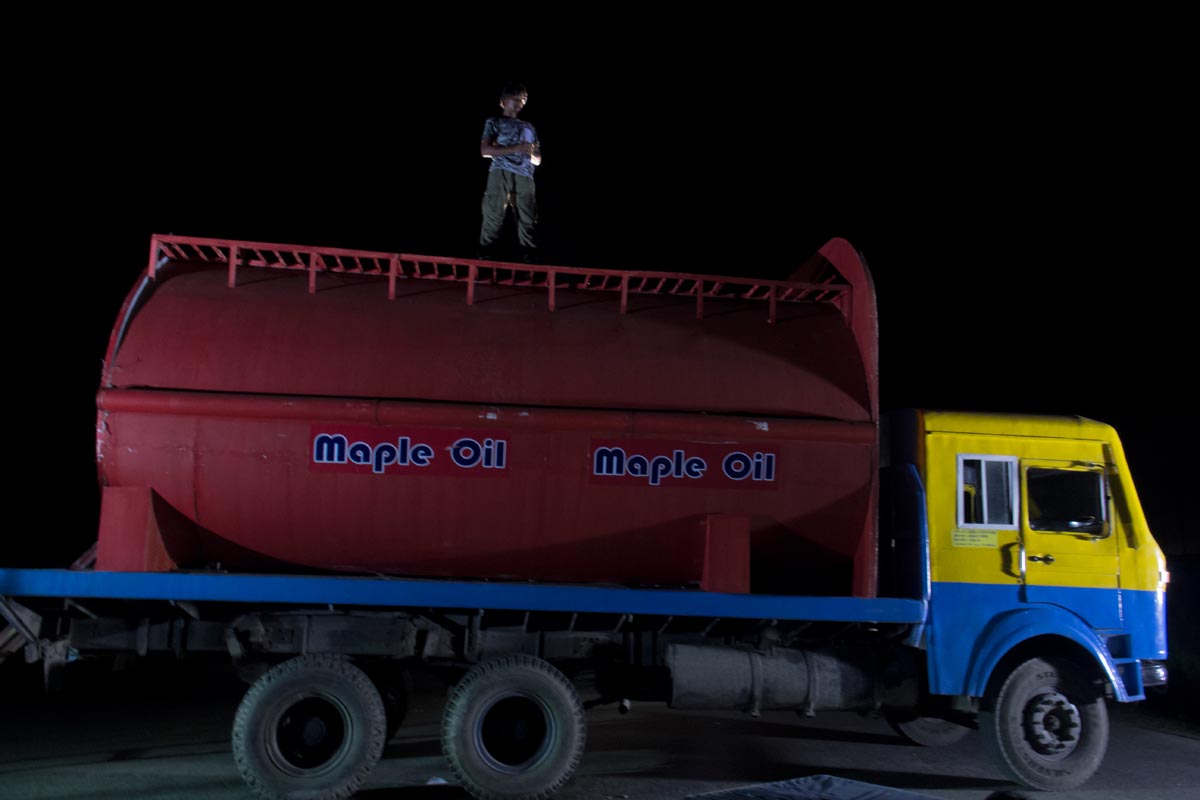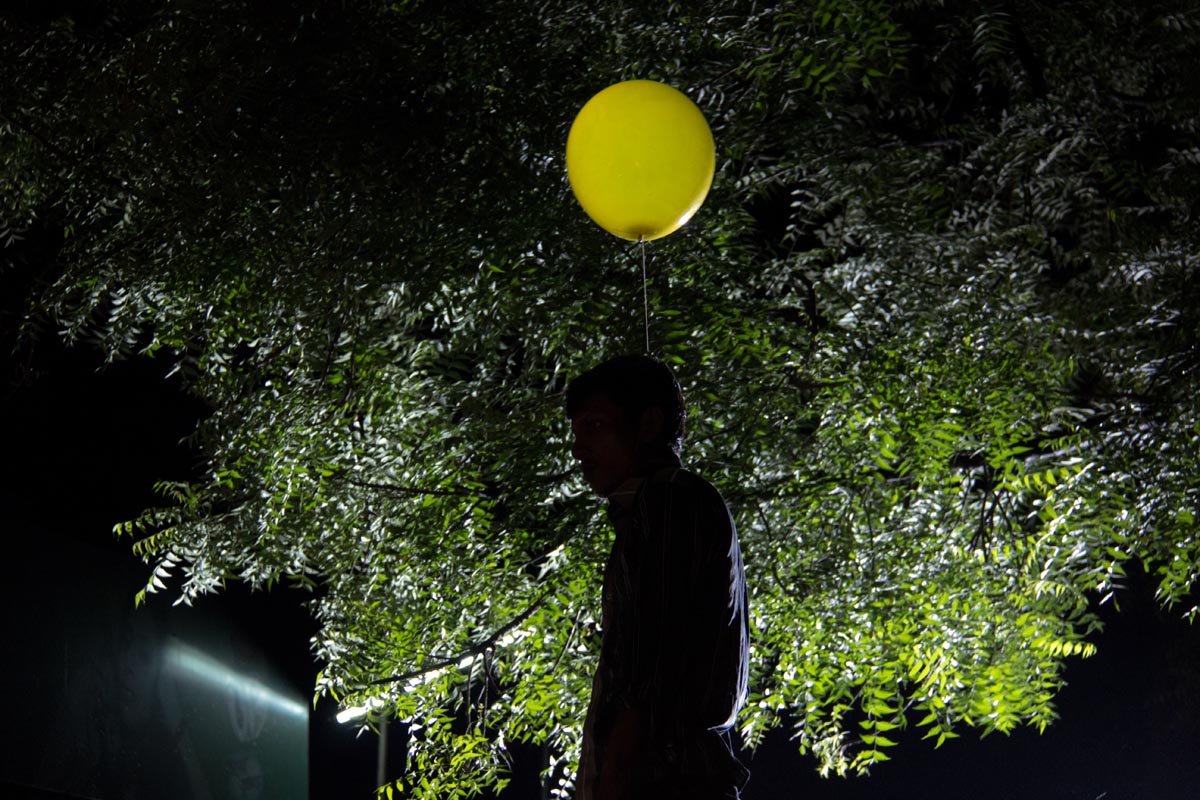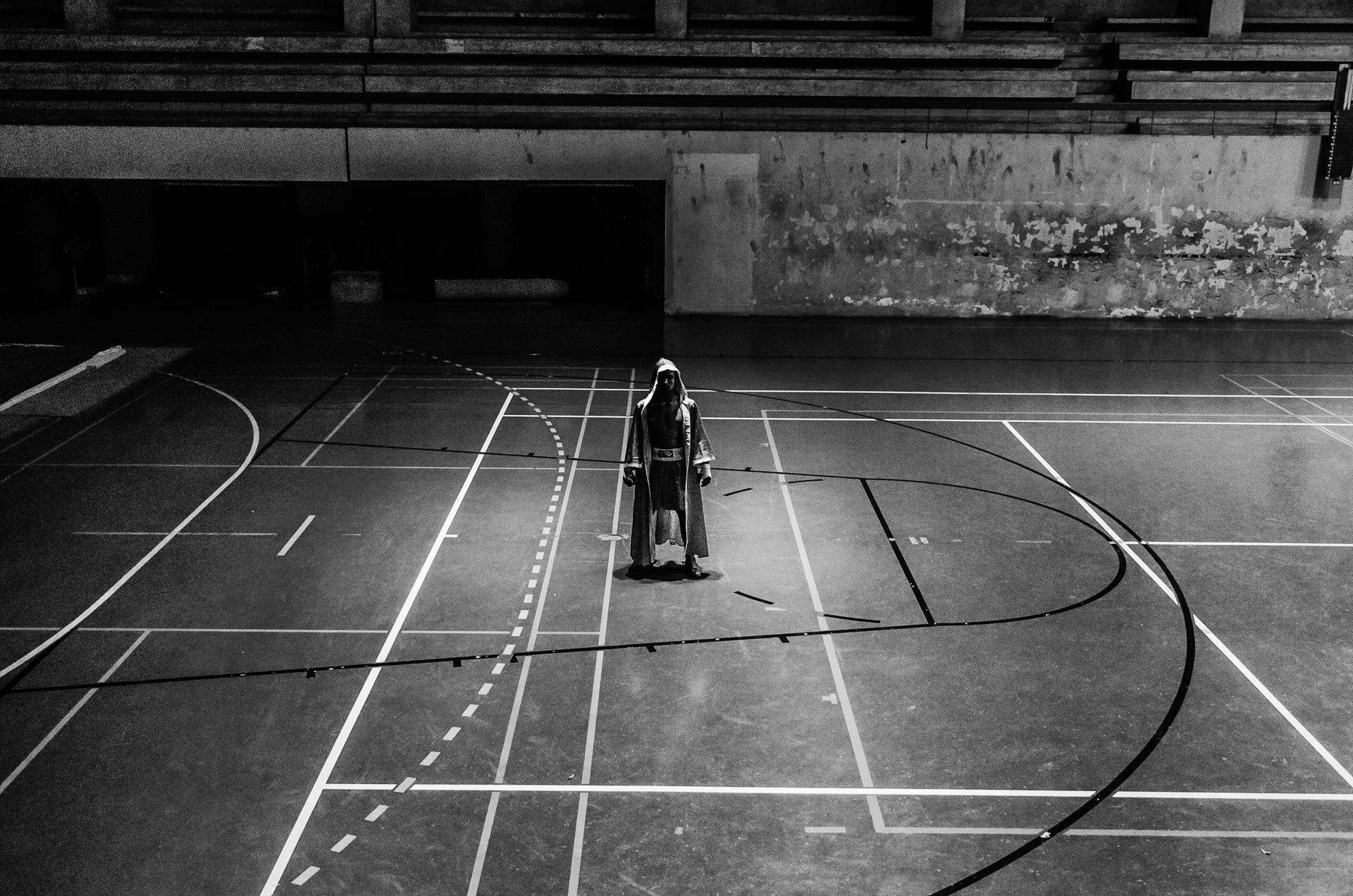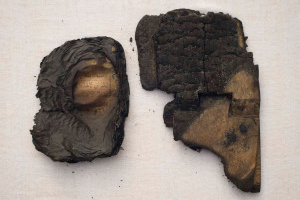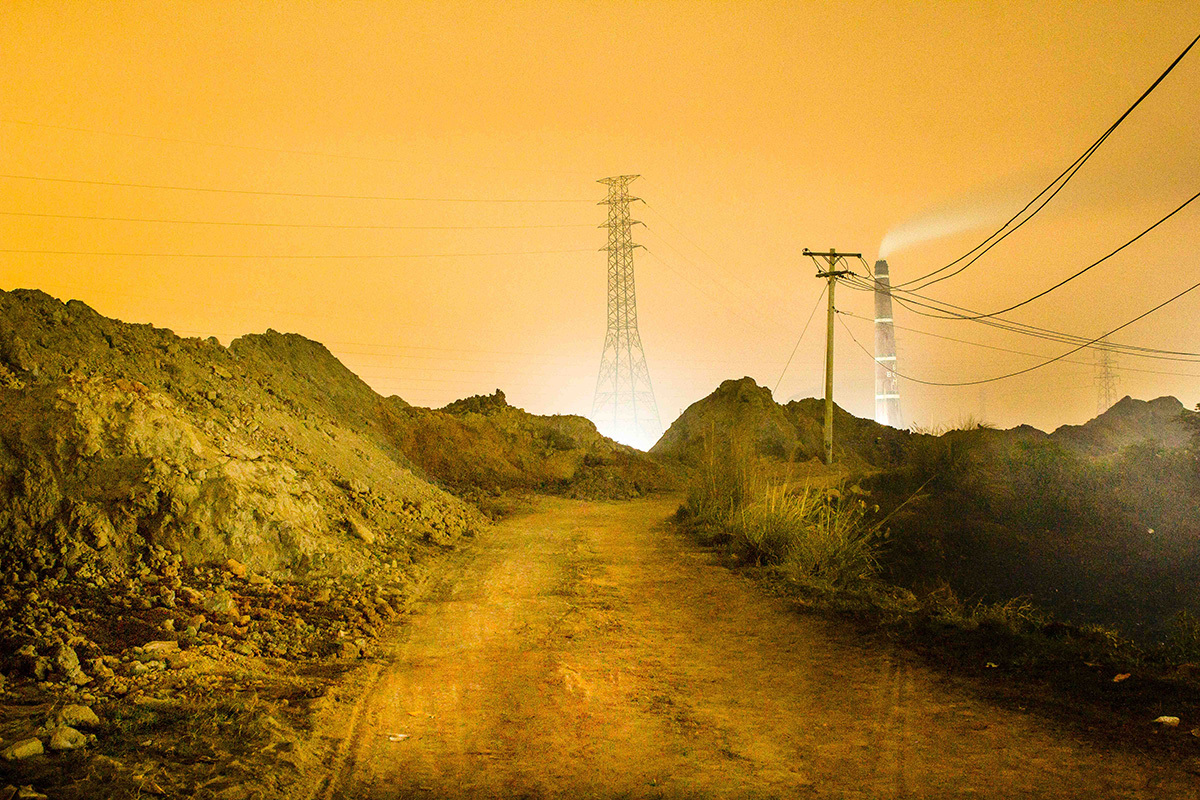Faiham Ebna Sharif
Biography:
I was raised in a pre-military school, locally known as Cadet College until university. Staying away from home and living with dos and don’ts was my story there. Then I studied politics. While studying at the university my compassionate mind helped me to find opportunities to work in two feature films.
After completing my masters I started working as a journalist. But, I was not being able to channel my ideas. Then in 2012, I came to visit Chobi Mela, along with my fractured DSLR which was a present from a friend of mine. Awestricken, I watched Morten Krogvold, Max Pam, and Jodi Bieber as they were talking to the gathered audience right in front of me. I was mesmerized seeing Samsul Alam Helal and Saiful Huq Omi exhibiting their work at my university and I was sure that I started seeing what I wanted to pursue for long.
Myths, parables, and superstitions always dominate in our agrarian society, where sometimes I feel like to be a stranger. I try to closely observe these and always run after stories. I believe everybody has a story of their waiting to be told, and my journey directs me to reach them through my camera. As a student photographer, I want to grab every opportunity where I shall be able to meet experts, learn from the best, and improve my skills. Therefore, I want to join the Angkor Photo Workshop where I will be able to learn, share, and explore new horizons.
The Fantasy Is More Filmic Than Fictional: Bangladesh Film Industry
(An ongoing project by Faiham Ebna Sharif)
"Film going is a kind of ritual. When the lights go out, the screen takes over. Then the audience increasingly becomes one. It is a community feeling" - Ritwik Ghatak.
In a country like Bangladesh, where the literacy rate is pretty low considering the expected value, film is considered to be the most potent communication form. Starting from day laborers to filthy riches, the film is a great escape into the world of fantasy. To rural people, the film is a tantalizing portrait of an urban set-up. However, urban dwellers view it quite differently. While buying a cinema ticket, the urban working class always expects to take a two-hour trip to the magical world of film. During this journey he/she takes a luxury car with loved ones in contrast to every day's jam-packed public bus ride, and visits both the mosque and the nightclub. But after the show finishes his/her reality resurfaces. So, these popular cinemas offer the only relief from loneliness, alienation, hunger, and busty living conditions of millions.
In our agrarian society, people still believe in myths, fairy tales, and fantasies. Religion plays a pivotal role in shaping people’s choices. Still, Lalon Fakir, a mystic character with no religion (by existing practiced definitions) is our rural phenomenon. In a post-colonial society as such people had to fight for their rights. Therefore, getting a glimpse of that element in the films is no exception. Here, in the patriarchic culture, heroes are the social saviors, who always survive magazines full of bullets. On the contrary, the villains are the poster boys who drink, mug and rape. Unlike Western films, heroines have a little more fat, which matters even in society, where millions struggle to manage two meals a day.
There is a popular notion – “if you have seen one, you have seen all”. So, there are repetitive elements in these films, yet people keep returning to enjoy those clichés. Hence, I have started working in the Bangladesh Film Industry popularly known as Dhallywood. I believe that I am just not capturing the artists in front of the camera. Rather, I am photographing what is absent in those photographs. I believe I am photographing millions, who work for famous clothing brands, cultivate food grains in the most challenged climate conditions, and blow whistles while watching cinema. Of course, without any doubt, they are the valued consumers who keep the industry going.
As a student of photography, I had started this project in March. But, deep within my heart, I was pursuing the idea for a good 10-12 years. I was so involved with films that my family used to tell me a cinephilic. At present, I am trying to produce a work that would be an archive for future reference. In a country like ours, film is almost ignored from the decision-making process like any other social safety issue. However, understanding people from a holistic view is just a Pandora's box. Therefore, my project is as important as academic research.
